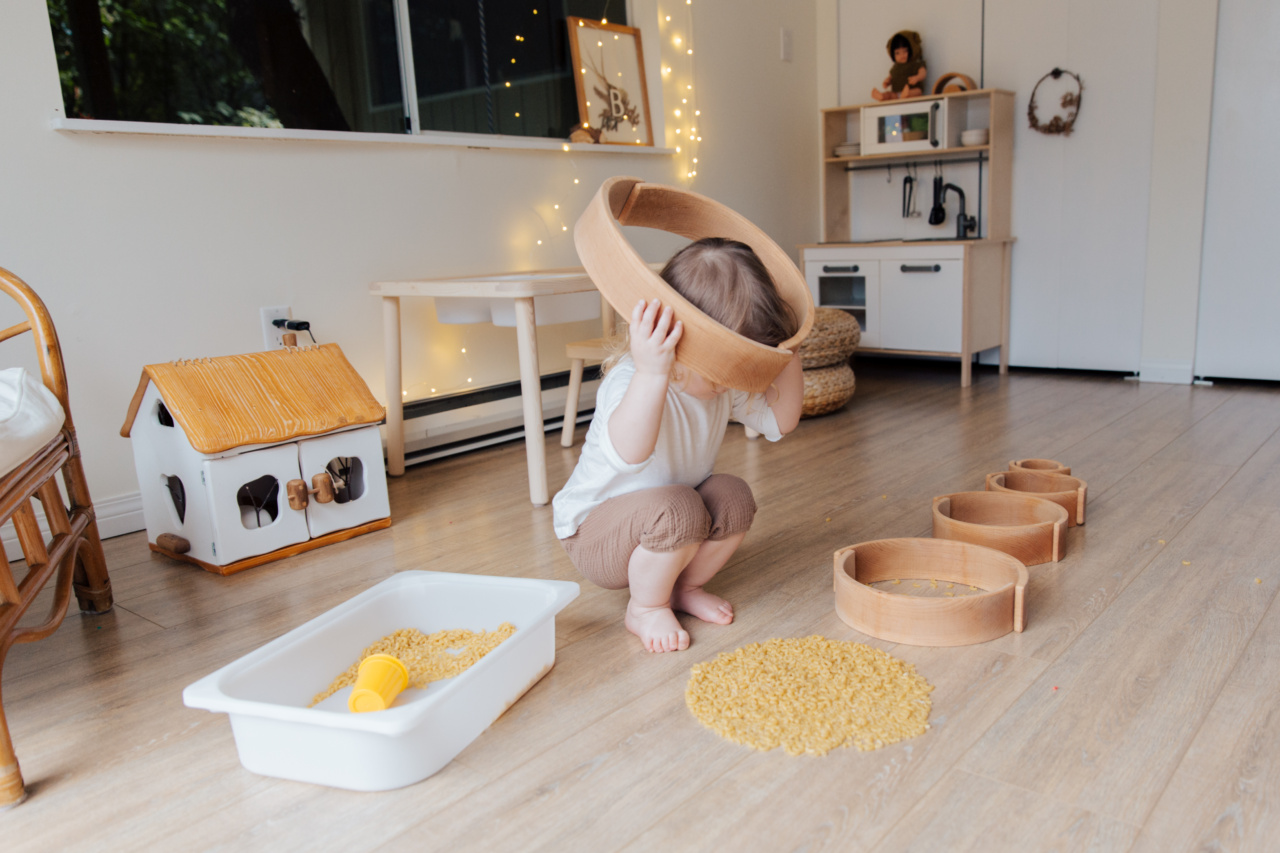Bringing home a new puppy is an exciting and joyful experience. As a responsible pet owner, it is your responsibility to care for your furry friend’s health and well-being right from day one.
One of the essential aspects of puppy care is ensuring that they have regular and timely potty breaks. The first potty break holds special significance in shaping your puppy’s bathroom habits, establishing a routine, and promoting overall health.
In this article, we will discuss the importance of the first potty break for your puppy’s health and provide essential tips to make the process smoother for both you and your new furry companion.
The Significance of the First Potty Break
When bringing a puppy home, it is crucial to understand that they have a small bladder and weaker control over their bathroom urges compared to adult dogs.
The first potty break sets the foundation for proper bladder control, helps them understand proper elimination areas, and prevents unpleasant accidents within your home.
Establishing a Routine
Setting a proper routine for your puppy’s potty breaks can help them learn when and where to relieve themselves.
For the initial few months, puppies need frequent bathroom breaks, usually within 15-30 minutes after eating, drinking, playing, or waking up. Taking your puppy out for their first potty break after waking up in the morning is essential to avoid accidents and set the tone for the day.
Use a consistent cue or command to let your puppy know when it’s time to go outside.
It can be as simple as saying “potty” or “let’s go outside.” With repetition, your puppy will associate the cue with the process of going to the bathroom.
Promoting Physical and Mental Health
Regular bathroom breaks not only prevent accidents but also promote physical and mental health for your puppy. Holding urine for extended periods can lead to urinary tract infections, bladder issues, and discomfort.
By providing consistent potty breaks, you help eliminate the potential health risks associated with a full bladder.
Besides physical health, mental well-being is also crucial for your puppy. Going outside and being in nature during potty breaks stimulates their senses, exposes them to new smells and sounds, and provides mental stimulation.
It also offers an opportunity for socialization if you encounter other dogs or friendly neighbors during your walks.
Creating a Bond with Your Puppy
The first potty break is more than just a bathroom outing. It is an excellent opportunity to create a strong bond with your puppy. Being patient, calm, and supportive during the process helps your puppy trust and rely on you.
Use positive reinforcement techniques, such as treats or verbal praises, when your puppy successfully eliminates in the designated area. This reinforces positive behavior and strengthens the bond between you and your furry friend.
Tips for a Successful First Potty Break
1. Prepare a designated elimination area: Before bringing your puppy home, decide on a specific area in your yard or nearby for bathroom purposes. This area should be easily accessible, secure, and away from areas where your puppy plays or eats.
This helps them understand that there is a specific place to relieve themselves.
2. Take them out on a leash: Especially during the initial days, it is essential to have your puppy on a leash during potty breaks. This prevents them from getting distracted and wandering off or engaging in play before they have eliminated.
3. Be consistent with timing: Puppies thrive on routine. Try to stick to a consistent schedule for their potty breaks. This helps them understand when to expect their bathroom outings and minimizes accidents or incidents of anxiety or confusion.
4. Use positive reinforcement: As mentioned earlier, positive reinforcement techniques go a long way in instilling good potty habits in your puppy. Praise and reward them with treats immediately after they eliminate in the designated area.
This creates a positive association and motivates them to repeat the behavior.
5. Be patient and avoid punishment: Accidents are inevitable, especially during the early stages of puppy training. It’s crucial to be patient and avoid punishment when accidents occur.
Punishment can create fear or anxiety in your puppy and hinder the potty training process. Instead, focus on redirecting their behavior to the appropriate spot and reinforcing positive habits.
Common Challenges and Troubleshooting
Every puppy is unique, and their potty training journey may come with its own set of challenges. Here are some common issues you may face and tips to overcome them:.
1. Accidents in the house:
If your puppy has an accident indoors, do not scold or punish them. Instead, clean up the mess thoroughly with an enzymatic cleaner to eliminate any lingering odor.
Focus on reinforcing good habits by taking them out more frequently and praising them when they eliminate in the designated area.
2. Resistance to potty breaks:
If your puppy resists going outside for their potty breaks, try to create a positive association with the designated area. You can try using treats, toys, or verbal praises to motivate them.
Gradually increase the time spent outside and offer rewards for successful elimination.
3. Inconsistent elimination:
If your puppy eliminates partially during potty breaks and finishes indoors, it’s crucial to address this issue. Check if the designated area is suitable for them or if there are any distractions around.
Adjusting the environment and being patient with them can help resolve this inconsistency.
4. Nighttime accidents:
During the initial stages, puppies may not have full control of their bladder at night. To prevent nighttime accidents, restrict their access to water a few hours before bedtime and take them out for a final potty break before sleep.
Gradually increase the time between nighttime potty breaks as they grow older and gain better control.
Conclusion
The first potty break plays a vital role in shaping your puppy’s bathroom habits, establishing a routine, and promoting overall health.
It sets the foundation for proper bladder control, prevents accidents, and creates a strong bond between you and your puppy. By being consistent, patient, and using positive reinforcement techniques, you can make the potty training journey smoother for both you and your new furry companion.






























